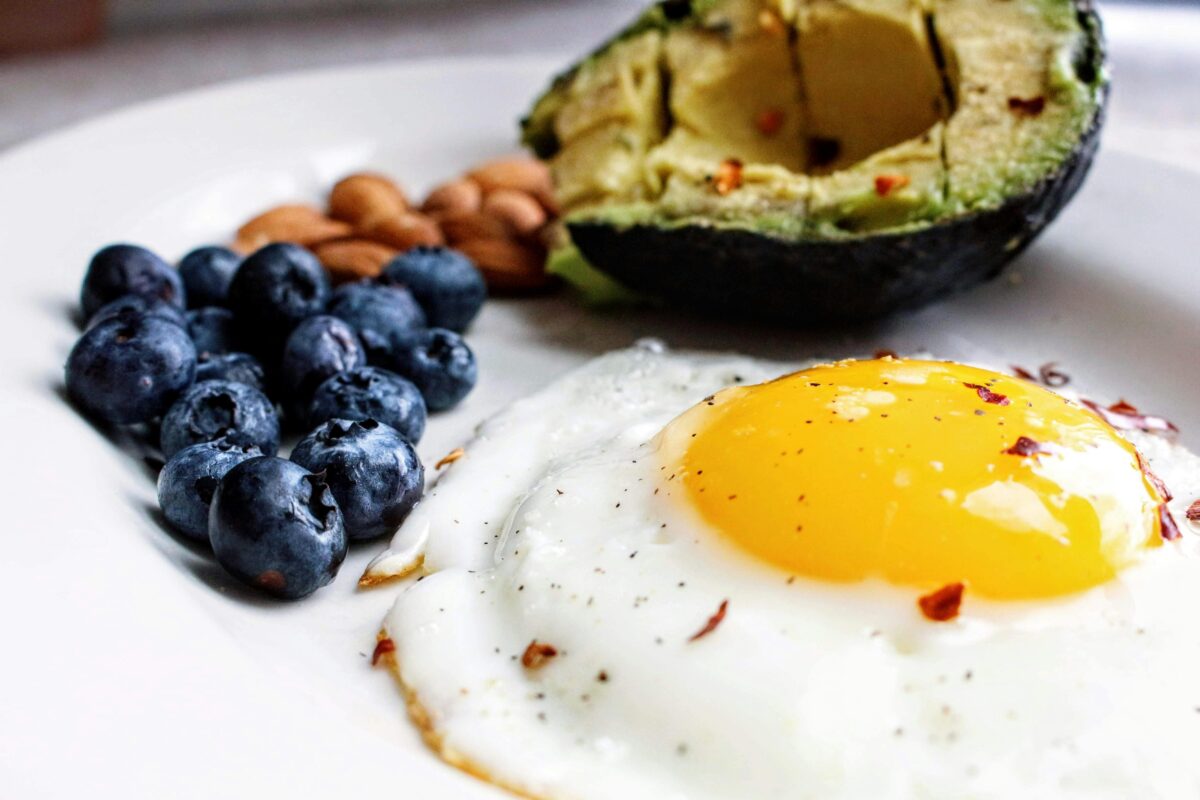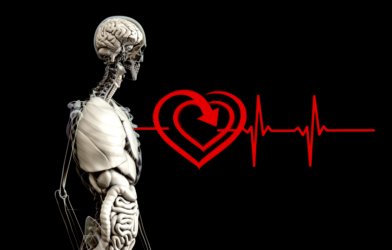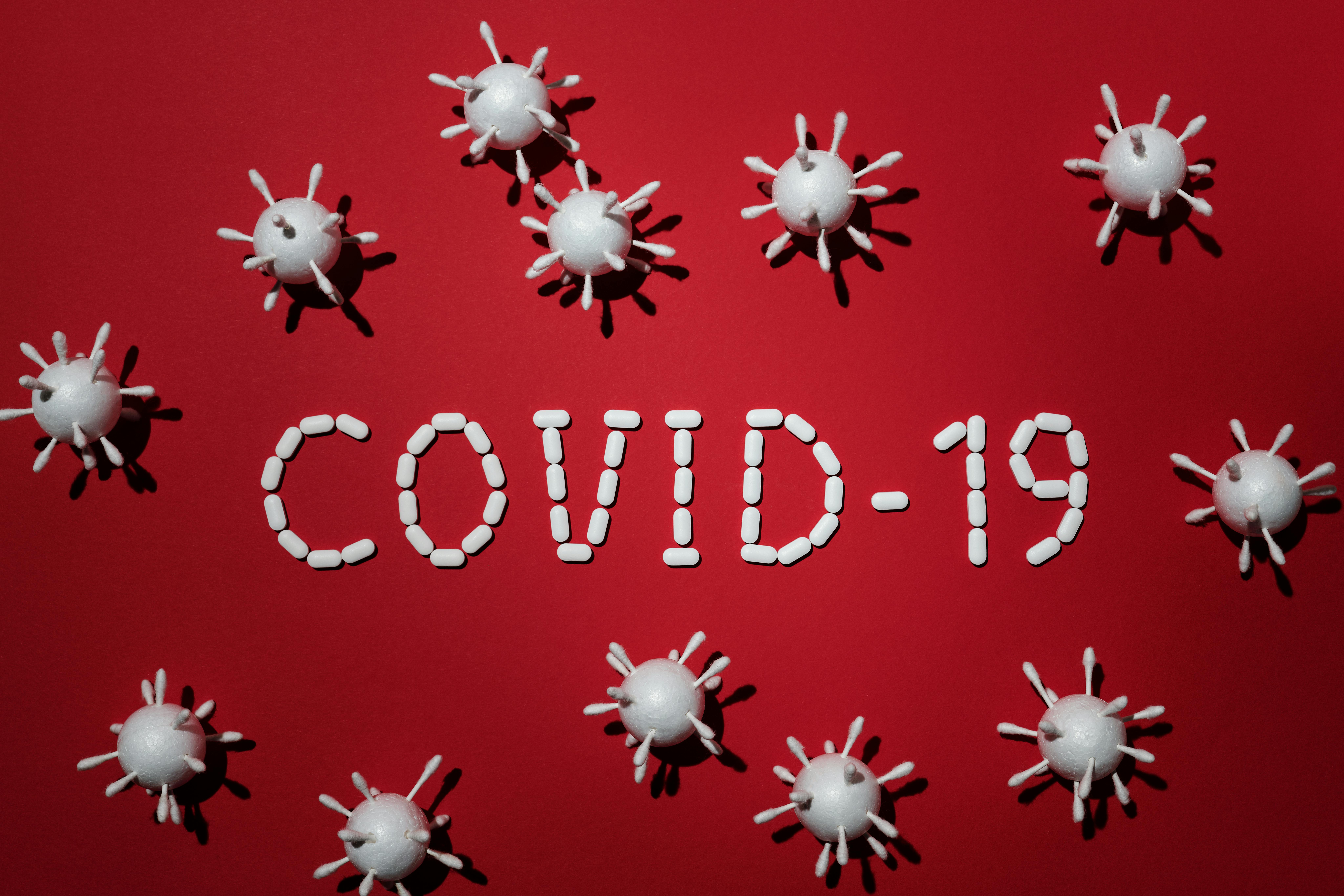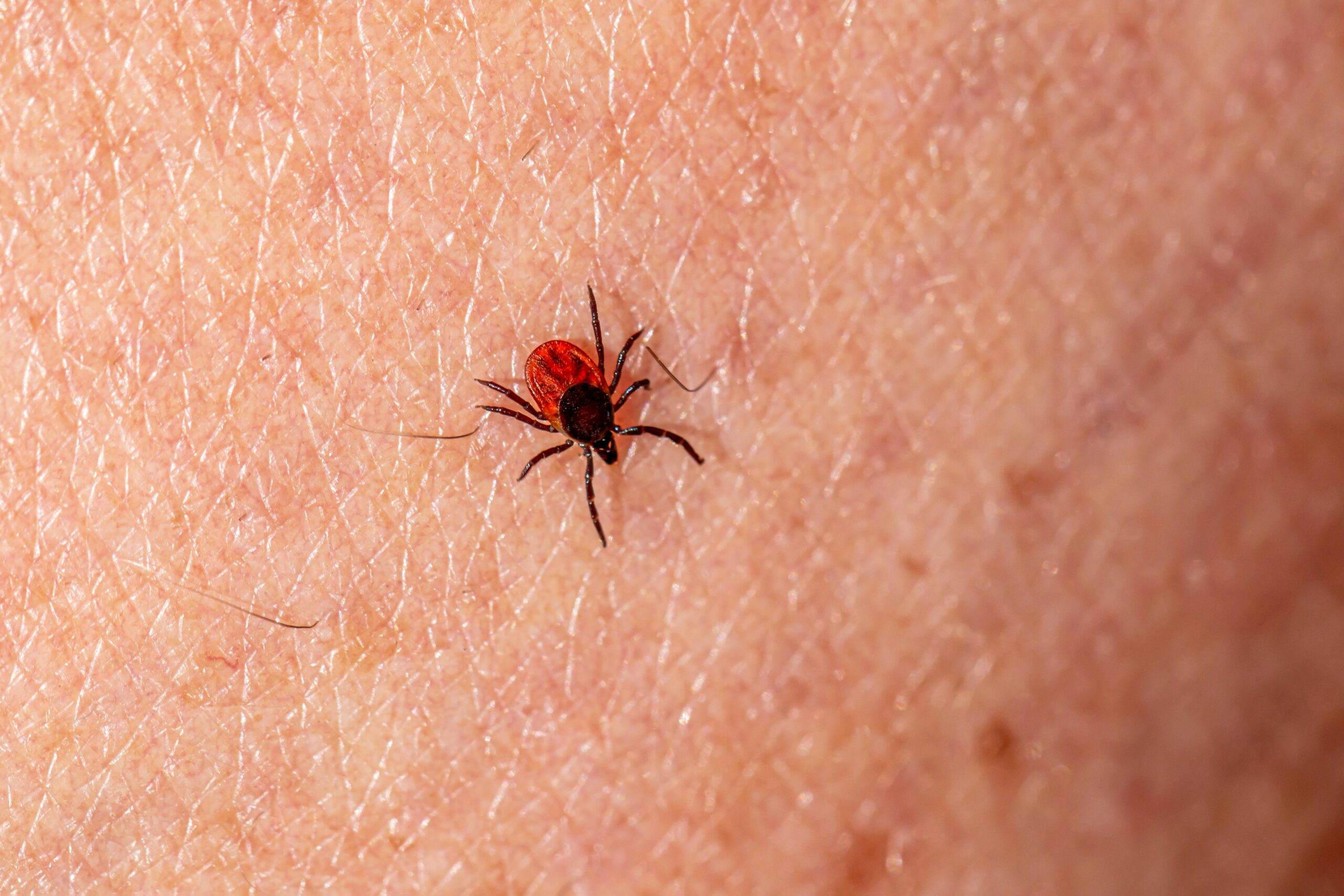The American diet is under constant scrutiny, with new research seemingly every week telling us what to eat or avoid. But for people living with multiple sclerosis (MS) and other autoimmune diseases, these dietary choices can feel like a high-stakes gamble. MS is a debilitating condition where the body’s own immune system mistakenly attacks the central nervous system, leading to a range of life-altering symptoms. Now, a recent study from the University of California, San Francisco, has offered a compelling new reason to look at a high-fat, low-carbohydrate diet not just for weight loss, but as a potential way to calm a runaway immune system. The research, published in Cell Reports, reveals a fascinating chain reaction: a ketogenic diet changes our body’s chemistry, which then influences the bacteria in our gut to produce a protective compound that shields against the inflammation seen in a mouse model of MS. This discovery doesn’t mean a cure is here, but it does pinpoint a new and precise way we could one day treat these diseases.
The Gut’s Hidden Power
To understand how the keto diet works its magic, the researchers first needed a model for MS. They used mice with a condition called Experimental Autoimmune Encephalomyelitis (EAE), which closely mimics many of the symptoms and inflammatory processes of human MS. The mice were split into two groups: one was fed a high-fat diet, and the other was given a ketogenic diet. Strikingly, the mice on the keto diet showed a significant reduction in the severity of their disease. Their symptoms were less severe, and the disease was far less aggressive.
To figure out why this happened, the scientists turned their attention to the gut microbiome—the bustling community of trillions of bacteria and other microorganisms living in our digestive tract. This complex ecosystem is known to be a major player in regulating our immune system. When the researchers repeated the experiment using mice that were bred to be completely germ-free (meaning they had no gut bacteria), the protective effect of the keto diet completely disappeared. Without the microbiome, the diet had no impact on the disease, proving that the gut bacteria were the missing link in this puzzle.
A Key Keto Compound and a Friendly Bacterium
The team next zeroed in on a substance called beta-hydroxybutyrate (BHB), which the body produces in large amounts on a ketogenic diet. BHB is a type of ketone body, a fuel source the body creates from fat when it runs out of carbohydrates to burn. When the researchers gave mice on a regular high-fat diet a BHB supplement, the mice were just as protected from EAE as the mice on the full ketogenic diet. This finding made it clear that BHB alone was enough to provide the protective effect.
The scientists then discovered a new layer to this process. BHB doesn’t just work on its own; it acts as a signal to the gut bacteria, encouraging a specific type of bacterium to grow. The researchers found that the keto diet led to a boom in a kind of bacteria called Lactobacillus. They identified a specific strain, Lactobacillus murinus, as a key player. This bacterium, it turns out, produces its own powerful compound, a metabolite called indole lactate (ILA), which helps calm the immune system. When the scientists gave mice ILA on its own, their symptoms improved. This revealed a powerful partnership: the ketogenic diet makes the body produce BHB, which in turn nurtures a specific gut bacterium to create a protective compound that fights inflammation.
The Path Forward
The research shows that the protective effects of a ketogenic diet are not just a simple, direct consequence of a specific nutrient. Instead, the diet acts as a master switch, triggering a cascade of events from a metabolic shift in the host to a change in the gut’s microbial community, ultimately leading to a powerful anti-inflammatory effect. This detailed, step-by-step explanation of how the diet works in a mouse model of MS marks a major advance in understanding the gut-immune connection.
This new understanding opens the door for a more precise approach to treating autoimmune disorders. Rather than asking patients to follow a restrictive and difficult diet long-term, future therapies could focus on more targeted interventions. A supplement containing BHB could be developed, or perhaps a new probiotic that delivers the specific Lactobacillus strain that produces the protective compound. While the findings are currently limited to a mouse model, the hope is that this research will provide a blueprint for creating more tolerable and effective treatments for people suffering from MS and other similar diseases. This could be a significant step toward a future where we can fine-tune our internal ecosystem to combat disease.
Paper Summary
Methodology
The study utilized a mouse model of multiple sclerosis (EAE) to test the effects of a ketogenic diet. The researchers also used germ-free mice and genetically modified mice to determine the roles of the gut microbiome and a specific metabolite called Beta-hydroxybutyrate (BHB).
Results
The ketogenic diet significantly reduced disease severity in the mouse model. This effect was found to be dependent on the gut microbiome and was driven by the host metabolite BHB and a specific bacterium, Lactobacillus murinus, which produces the protective compound indole lactate.
Limitations
The study was conducted on a mouse model of MS (EAE), which, while useful for research, may not perfectly translate to human beings.
Funding and Disclosures
The research was conducted by a team from several institutions, including the University of California, San Francisco, and was published as an open-access article by Elsevier Inc.
Publication Information
The paper, titled “A diet-dependent host metabolite shapes the gut microbiota to protect from autoimmunity,” was published in the journal Cell Reports on November 26, 2024. The DOI is https://doi.org/10.1016/j.celrep.2024.114891.












